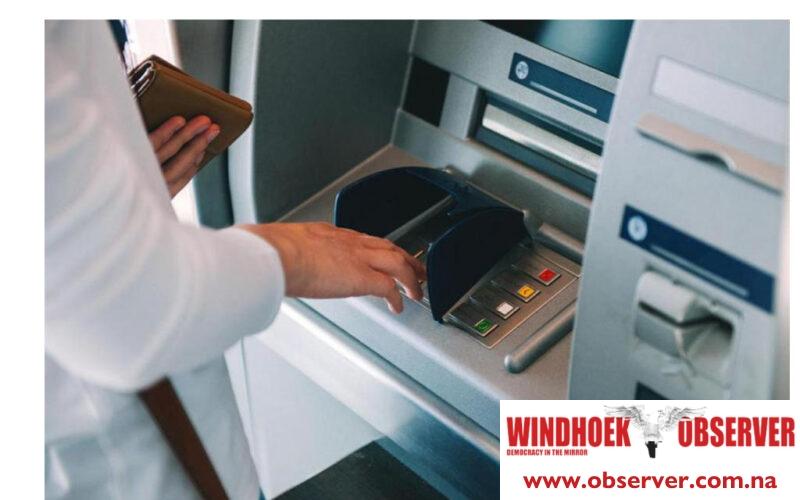Martin Endjala
The Bank of Namibia (BoN) has committed to addressing the country’s concerns about high banking charges amid public outcry.
Sandra Garises, the bank’s acting spokesperson, told the Windhoek Observer last week that the bank is aware of the public outcry concerning high banking charges.
“The bank is aware of the nationwide outcry about fees and charges and as the regulator of banking institutions, the bank has an obligation to ensure that fees and charges payable by customers for services rendered by banking institutions are determined in the public interest and are proportionate with the cost incurred in providing such products and services to the customers,” she said.
The Banking Institutions Act No. 13 of 2023 makes provision for the Bank and the Ministry of Finance and Public Enterprises to regulate fees.
The new Act introduced a provision empowering the Ministry of Finance to regulate fees and charges imposed by banking institutions on their customers, Garises said.
As a standard practice, she said these regulations will be issued in consultation with the banking industry to ensure that financial stability is not compromised.
“To reduce the cost of banking services, the bank revised the guidelines on agent banking to enable banks to use third-party service providers to provide banking services in areas where banks do not have a physical presence. This intervention enhances financial inclusion and reduces the cost of banking services,” she said.
According to the Namibia Competition Commission (NaCC) spokesperson Dina //Gowases, commercial banks are competitors in the markets for issuing cards and acquiring card transactions.
For that, she said that they should not be allowed to set interchange fees collectively.
“Being competitors, commercial banks should independently determine their respective fees based on their cost and other revenue considerations,” she said.
The deputy minister of finance, Maureen Hinda-Mbuende acknowledged that banks in Africa are very expensive.
“In some parts of the world, your debit or credit card doesn’t attract additional charges for using it. Our service fees, if you compare them to other parts of the world, are one of the highest, and I think we will have to benchmark the world,” she said.
Hinda-Mbuende proposed that benchmarking should consider things like the acceptable profit or return on investments that a given company has to make.
She believes that if Namibia has a benchmark, companies should be penalised for making unfair profits by overcharging.
She said the NaCC needs to come into play to establish how the banks are making unfair profits.
“During COVID-19, banks have made more profit, and what is also disheartening is that most of the things, particularly in banking, the poor pay the highest price. Because as a poor person, you will probably go five times to withdraw money, and you pay more than the person who withdraws once because he/she is loaded with money, “she said.
She said banking charges are very unfair and do not match the service they provide in terms of pricing.
According to her, Namibia has one of the highest mobile banking charges because e-wallets and other similar services are charging a very hefty fee.
“The mobile banking fee increases unrealistically, and that is artificial inflation because you cannot do much with the same money. Now, the bank is even taking a bigger cut. The banks also need to come into play and understand that it cannot allow people to starve for them to have a bigger tummy,” she said.
She acknowledged that Namibia has a free capitalist economy, but she believes that market fairness should make it more acceptable.




